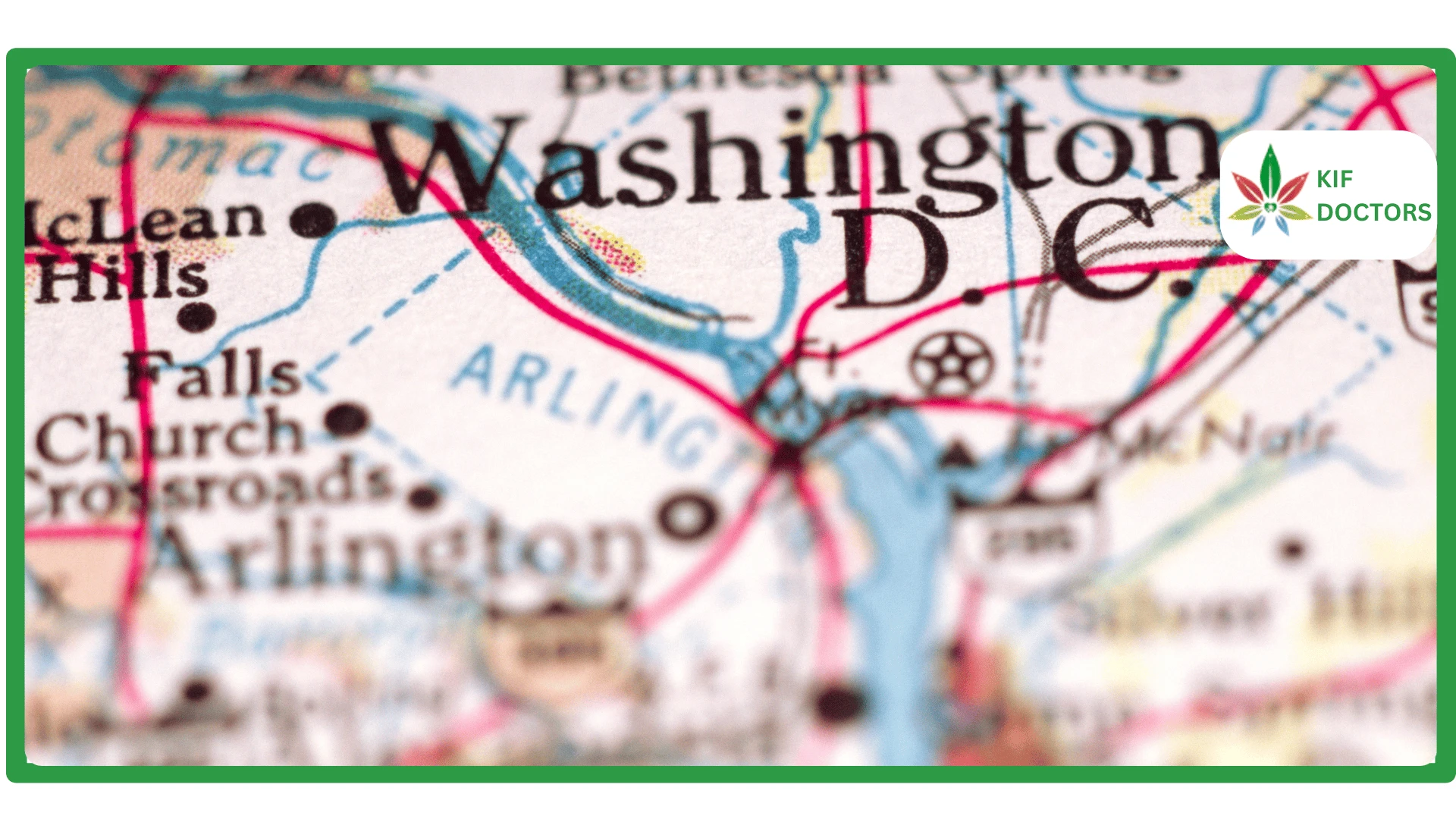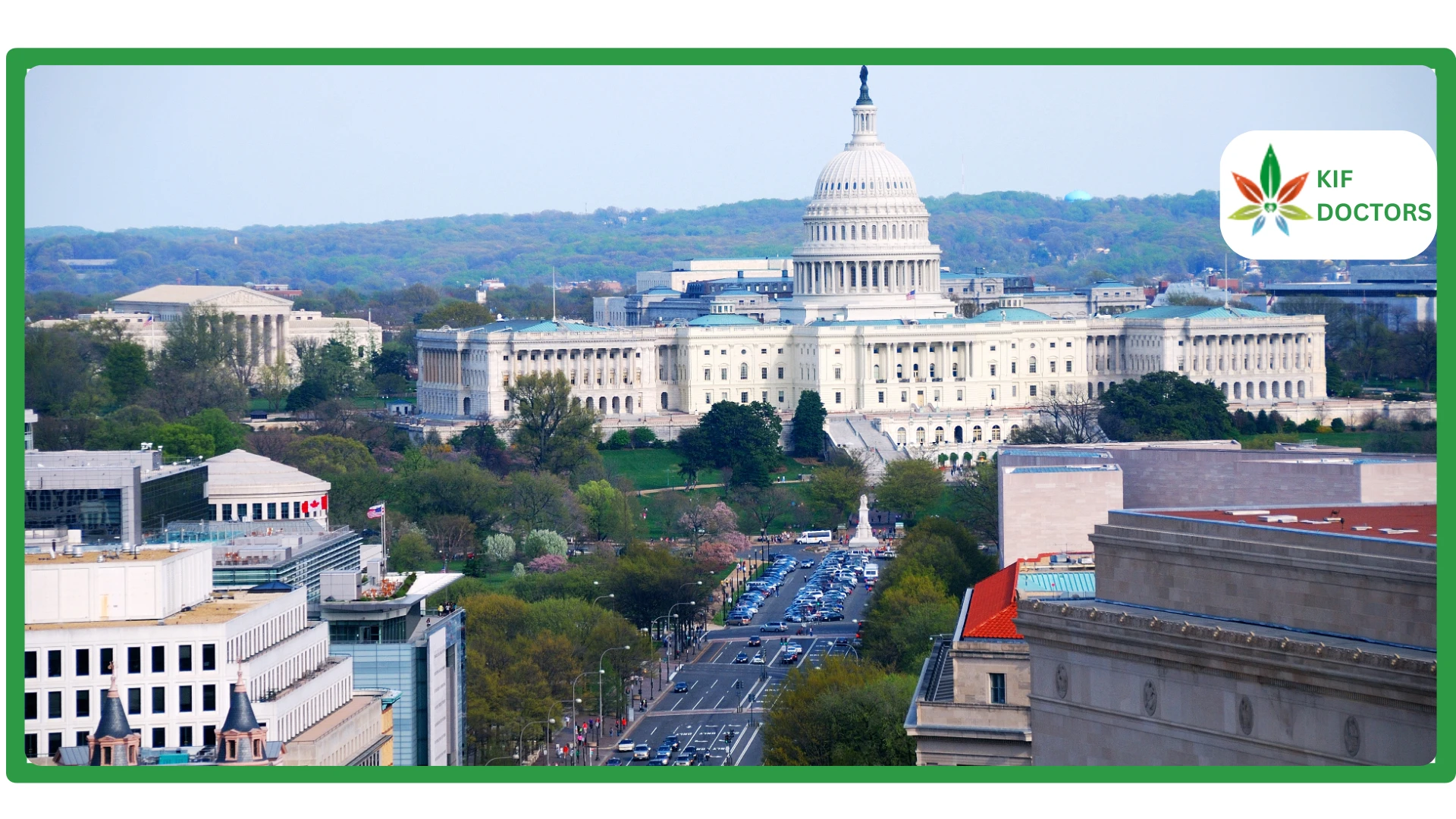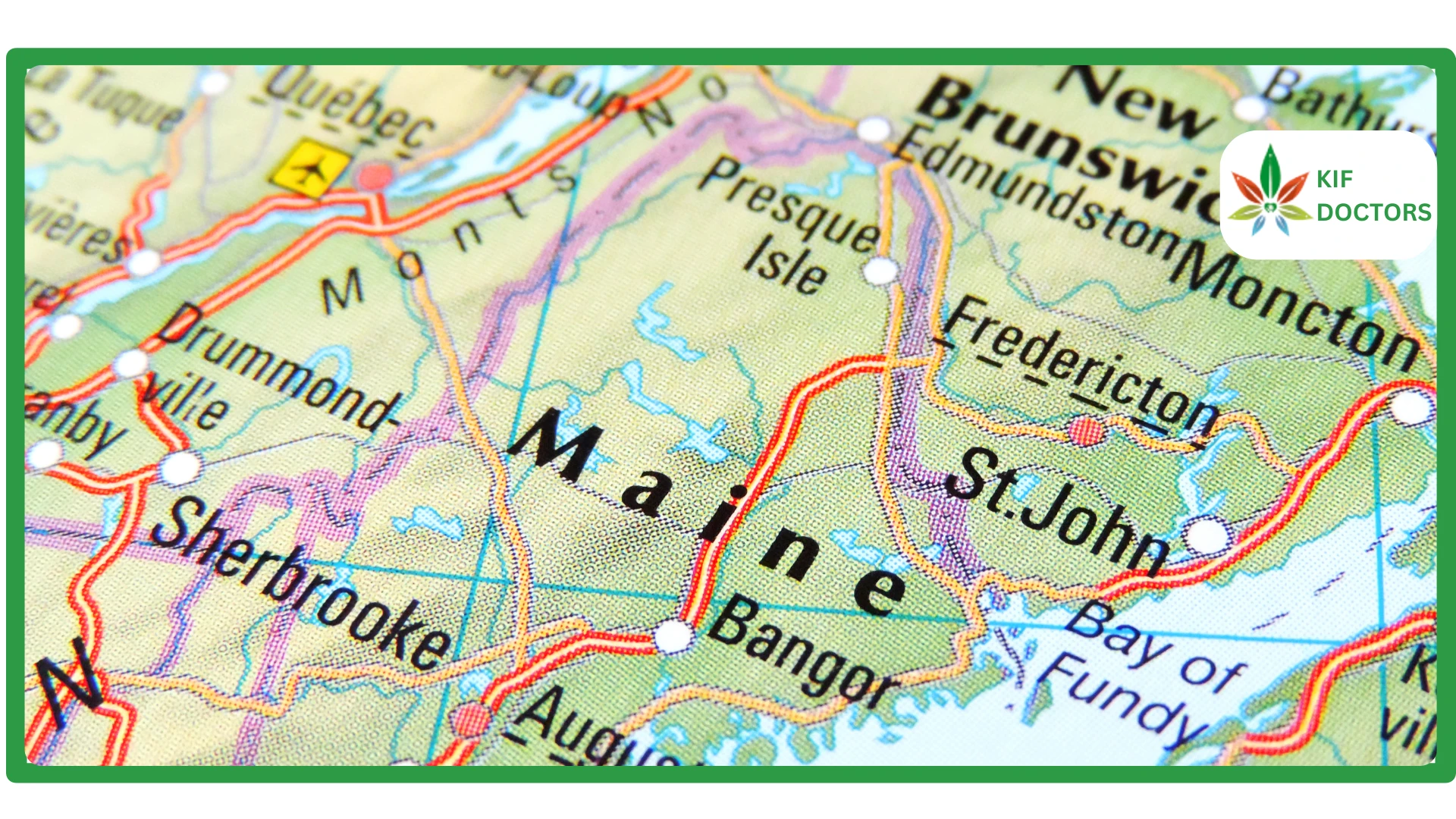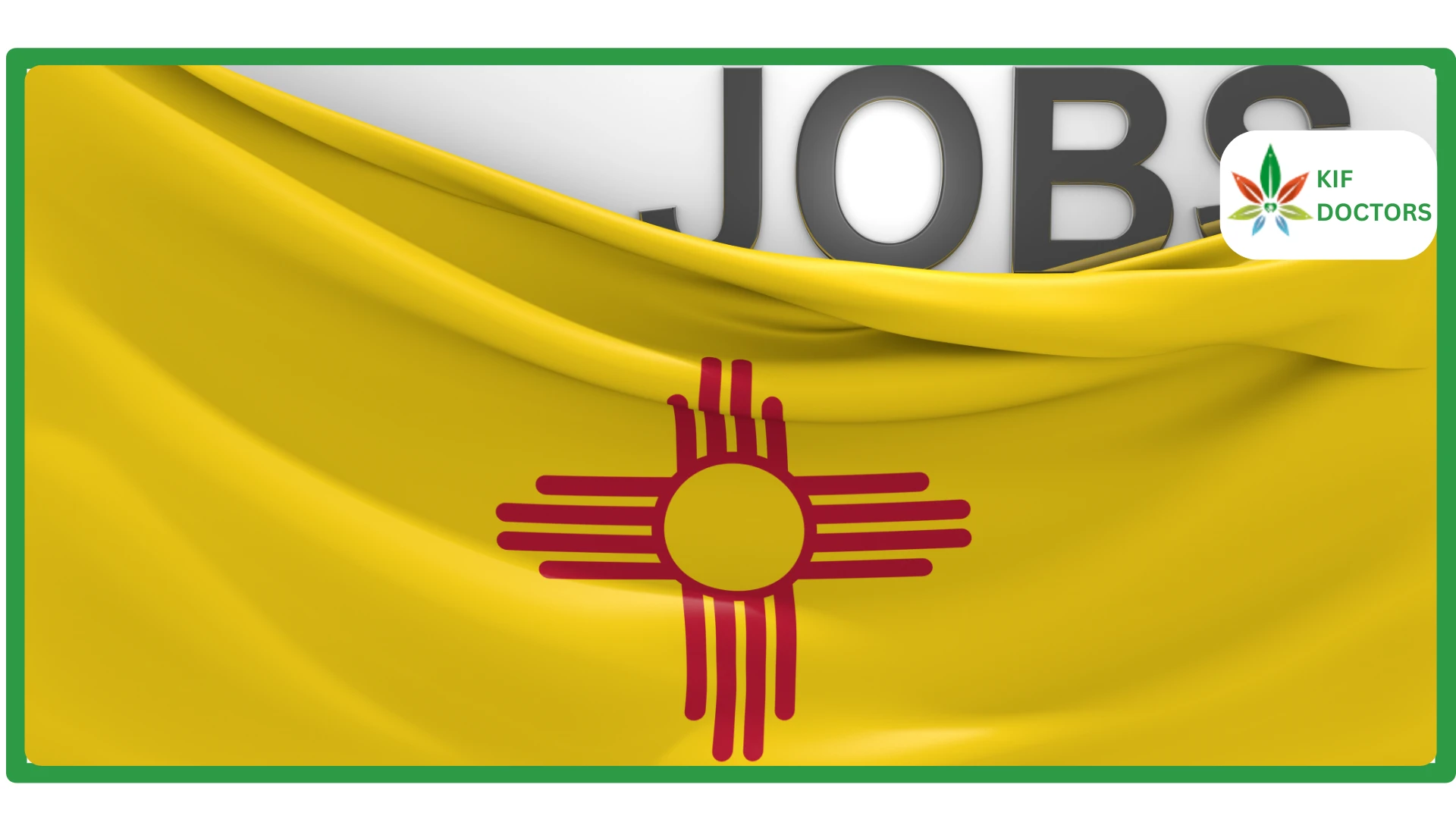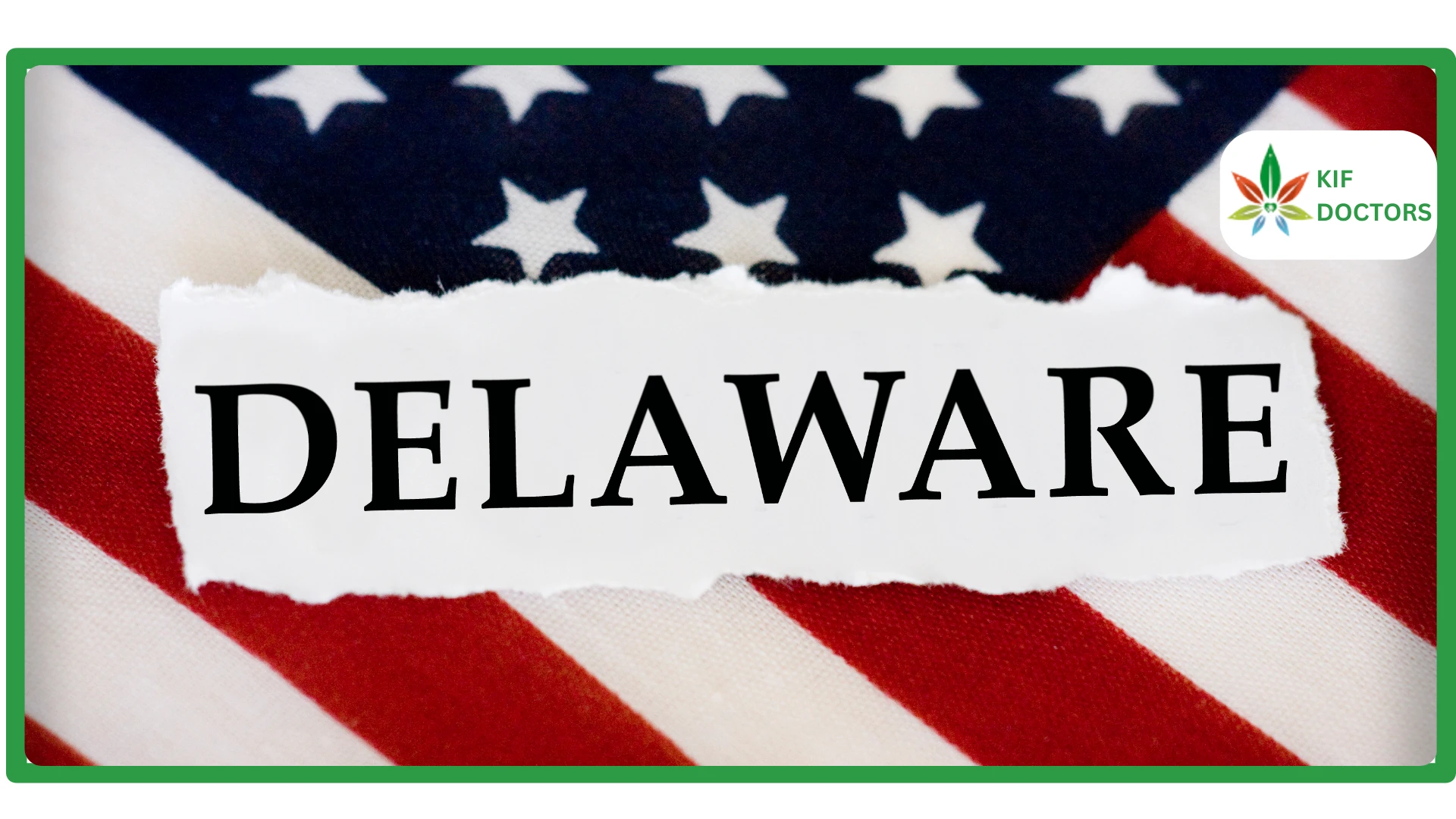Navigating the world of medical marijuana can feel overwhelming, especially in a state like New Hampshire, where the program is tightly regulated but offers significant benefits for qualifying patients. Since the passage of House Bill 573 in 2013, New Hampshire has allowed residents with specific medical conditions to access cannabis legally through its Therapeutic Cannabis Program (TCP). This guide walks you through the process of obtaining a medical marijuana card, understanding the state’s regulations, and making informed choices about your treatment. Whether you’re a patient seeking relief or a caregiver assisting a loved one, this article provides clear, step-by-step information to help you succeed.
Understanding New Hampshire’s Therapeutic Cannabis Program
The Therapeutic Cannabis Program, overseen by the New Hampshire Department of Health and Human Services (DHHS), was established to provide safe, legal access to medical cannabis for residents with debilitating or terminal conditions. The program operates under RSA 126-X, a law that sets strict guidelines for patients, caregivers, and Alternative Treatment Centers (ATCs), which are the state’s licensed dispensaries. Unlike some states, New Hampshire does not allow recreational marijuana, making a medical marijuana card the only legal way to purchase and possess cannabis.
The TCP maintains a confidential registry of qualifying patients and their caregivers, issuing registry identification cards that allow cardholders to buy up to two ounces of cannabis every 10 days from one of the state’s seven ATCs. These centers, located in places like Chichester, Conway, and Merrimack, are not-for-profit entities responsible for cultivating, producing, and dispensing cannabis under strict oversight to ensure safety and compliance.
The program has evolved since its inception, with recent updates expanding the list of qualifying conditions to include generalized anxiety disorder (effective September 2024) and allowing any debilitating or terminal condition where cannabis benefits outweigh risks, as determined by a medical provider. These changes reflect New Hampshire’s commitment to improving access for patients while maintaining a regulated framework.
Who Qualifies for a Medical Marijuana Card in New Hampshire?
To obtain a medical marijuana card, you must meet specific eligibility criteria set by the state. Here’s a breakdown of the requirements:
- Residency: You must be a New Hampshire resident with proof such as a driver’s license, state ID, passport, or a utility bill dated within the last six months.
- Age: Applicants must be 18 or older. Minors under 18 can apply through a parent or legal guardian who serves as their caregiver.
- Medical Condition: You must have a qualifying medical condition diagnosed by a licensed medical provider. The state’s list of conditions is extensive and includes both standalone diagnoses and combinations of diagnoses with symptoms.
- Provider Certification: A licensed physician (MD or DO), advanced practice registered nurse (APRN), or physician assistant (PA) must certify that you have a qualifying condition. Providers from Vermont, Massachusetts, or Maine (physicians or APRNs only) can also certify New Hampshire residents.
Qualifying conditions include, but are not limited to:
- Cancer
- Glaucoma
- HIV/AIDS
- Parkinson’s disease
- Multiple sclerosis
- Post-traumatic stress disorder (PTSD), moderate or severe
- Chronic pain, moderate to severe
- Severe pain unresponsive to other treatments
- Generalized anxiety disorder (as of September 2024)
- Any debilitating or terminal condition where a provider believes cannabis benefits outweigh risks
The inclusion of “any debilitating or terminal condition” gives providers flexibility, but they must document that other treatments have failed or caused significant side effects. This requirement underscores the state’s cautious approach, ensuring cannabis is a last resort for many patients.
Step-by-Step Guide to Getting a Medical Marijuana Card
Obtaining a medical marijuana card in New Hampshire involves several steps, from consulting a medical provider to submitting your application to the state. Here’s a detailed guide to streamline the process:
- Find a Certifying Medical Provider: Start by discussing your interest in medical cannabis with your primary care provider or a specialist. Any licensed physician, APRN, or PA in New Hampshire, or a physician or APRN in Vermont, Massachusetts, or Maine, can certify you. The provider must have a patient-provider relationship with you for at least three months, during which they’ve assessed your medical history and condition. This rule may be waived if your qualifying condition was diagnosed within the last three months and the certifying provider is primarily responsible for your care.
- Obtain a Written Certification: If your provider determines you qualify, they’ll complete the Written Certification for the Therapeutic Use of Cannabis form, available on the DHHS website. The certification must confirm your qualifying condition and be signed within six months of your application submission. If the signature is older, your provider can re-sign and re-date the form.
- Gather Required Documents: You’ll need to submit:
- A completed patient application form (available on the DHHS website).
- The provider’s written certification.
- Proof of New Hampshire residency (e.g., driver’s license, state ID, or recent utility bill).
- A $50 application fee, payable by check or money order to “Treasurer, State of New Hampshire.”
- Choose an Alternative Treatment Center: During the application process, you’ll select one of the state’s seven ATCs as your designated dispensary. You can only purchase cannabis from this location, though you can change your ATC later by submitting a Change of Information form. Research ATCs based on location, product offerings, and pricing to find the best fit.
- Submit Your Application: New Hampshire does not offer online applications. Mail or deliver your completed application packet to:
Department of Health and Human Services
Therapeutic Cannabis Program
29 Hazen Drive
Concord, NH 03301
Ensure all documents are included to avoid delays. If your application is incomplete, the TCP will notify you within 10 business days, and you’ll have 30 days to provide missing information. - Wait for Approval: The TCP typically processes applications within 15 days and mails your registry ID card within three weeks of approval. The card includes your name, address, date of birth, photo, and a random 10-digit registration number. Cards are valid for one year, though providers can issue certifications for up to three years in some cases.
- Visit Your ATC: Once you receive your card, you can purchase up to two ounces of cannabis every 10 days from your chosen ATC. Always carry your registry ID card when possessing cannabis outside your home to avoid legal issues.
For a seamless experience, consider services like Kif Doctors, which streamline the certification process. I always recommend going for a Medical Marijuana Card Online Instantly to simplify your application journey.
Costs Associated with a Medical Marijuana Card
The financial aspect of obtaining and maintaining a medical marijuana card includes several costs:
- Application Fee: $50, payable to the state at the time of application and renewal.
- Medical Consultation: Costs vary depending on your provider. Some charge $150–$200 for an initial consultation, with follow-up visits at $75–$100 every 3–6 months. Insurance typically does not cover these visits.
- Cannabis Products: Prices at ATCs depend on the product (flower, edibles, concentrates) and quality. Expect to pay $10–$15 per gram of flower or $30–$60 for edibles or cartridges. Some ATCs offer discounts for veterans, seniors, or patients with financial hardships.
- Replacement Card: $10 if your card is lost or damaged.
While these costs can add up, many patients find the relief provided by medical cannabis worth the investment, especially when other treatments have failed.
Legal Protections and Restrictions
Holding a medical marijuana card offers legal protections but comes with responsibilities. Patients and caregivers can possess up to two ounces of cannabis at a time, but only from their designated ATC. Here are key legal considerations:
- Protections: Registered patients are exempt from criminal penalties for possessing cannabis within state limits. The law also provides some protections against discrimination in child custody cases and medical care, such as organ transplants.
- Restrictions: You cannot use cannabis on someone else’s property without permission, in public places, or on school grounds. Driving under the influence of cannabis is illegal, and employers can still enforce drug-free workplace policies, as New Hampshire is an at-will employment state.
- Home Cultivation: Growing cannabis at home is prohibited and treated as illegal possession, even for registered patients.
- Out-of-State Patients: New Hampshire recognizes out-of-state medical marijuana cards for possession and use but limits purchases at ATCs to three times per year unless the patient’s condition qualifies under New Hampshire law.
To stay compliant, keep your cannabis in its original packaging, store it in a locked container when transporting, and always carry your registry ID card. These precautions minimize the risk of legal misunderstandings.
Choosing the Right Alternative Treatment Center
New Hampshire’s seven ATCs—operated by brands like GraniteLeaf Cannabis, Temescal Wellness, and Sanctuary ATC—are located across the state in Chichester, Conway, Dover, Keene, Lebanon, Merrimack, and Plymouth. Each offers a range of products, including flower, edibles, tinctures, and concentrates. When selecting an ATC, consider:
- Location: Choose a center convenient to your home or workplace.
- Product Variety: Check menus online to ensure the ATC offers the strains or products you need.
- Pricing and Discounts: Compare costs and inquire about discounts for veterans, seniors, or low-income patients.
- Consultation Services: Some ATCs, like Temescal Wellness, offer complimentary consultations to help new patients choose products.
You can change your designated ATC by submitting a Change of Information/Lost Card form to the TCP, making it easy to switch if your needs or circumstances change.
Renewing Your Medical Marijuana Card
Medical marijuana cards in New Hampshire are typically valid for one year, though some providers can issue three-year certifications. The renewal process mirrors the initial application:
- Schedule a follow-up appointment with your certifying provider to confirm your condition still qualifies.
- Obtain a new written certification.
- Submit a completed application form, the certification, proof of residency, and the $50 fee to the TCP.
Start the renewal process early to avoid gaps in access. Some services, like Veriheal, offer renewal reminders and discounted appointments to simplify the process.
Frequently Asked Questions
Can I apply for a medical marijuana card online in New Hampshire?
No, New Hampshire requires applications to be submitted in person or by mail to the Therapeutic Cannabis Program. However, some services assist with certifications online, streamlining the provider consultation step.
How long does it take to get a medical marijuana card?
The TCP processes applications within 15 days and mails the card within three weeks of approval. Incomplete applications may delay this timeline, so double-check your documents before submitting.
Can minors use medical marijuana in New Hampshire?
Yes, minors under 18 can qualify, but their parent or legal guardian must apply on their behalf and serve as their caregiver, managing purchases and administration.
Does insurance cover medical marijuana costs?
No, health insurance does not cover medical marijuana consultations, application fees, or products in New Hampshire, as cannabis remains federally illegal.
Can I change my designated ATC after applying?
Yes, you can switch your ATC by submitting a Change of Information form to the TCP. This flexibility ensures you can access a dispensary that better suits your needs.
Conclusion
New Hampshire’s Therapeutic Cannabis Program offers a lifeline for residents struggling with debilitating medical conditions, providing legal access to cannabis through a structured, patient-focused system. By understanding the eligibility criteria, following the application steps, and choosing the right ATC, you can navigate the process with confidence. The journey to obtaining a medical marijuana card requires effort—consulting providers, gathering documents, and adhering to state regulations—but the relief it can bring often makes it worthwhile. Stay informed, comply with legal guidelines, and work closely with your medical provider to ensure cannabis is a safe and effective part of your treatment plan. For more details, visit the New Hampshire Department of Health and Human Services website to access forms and resources directly.
 Since 2021, Kif offers a streamlined platform to get a medical marijuana card online. We have served more than 45K patients across the United States. Sign Up Now to get the right to use medical cannabis for your health condition without any delay.
Since 2021, Kif offers a streamlined platform to get a medical marijuana card online. We have served more than 45K patients across the United States. Sign Up Now to get the right to use medical cannabis for your health condition without any delay.


















